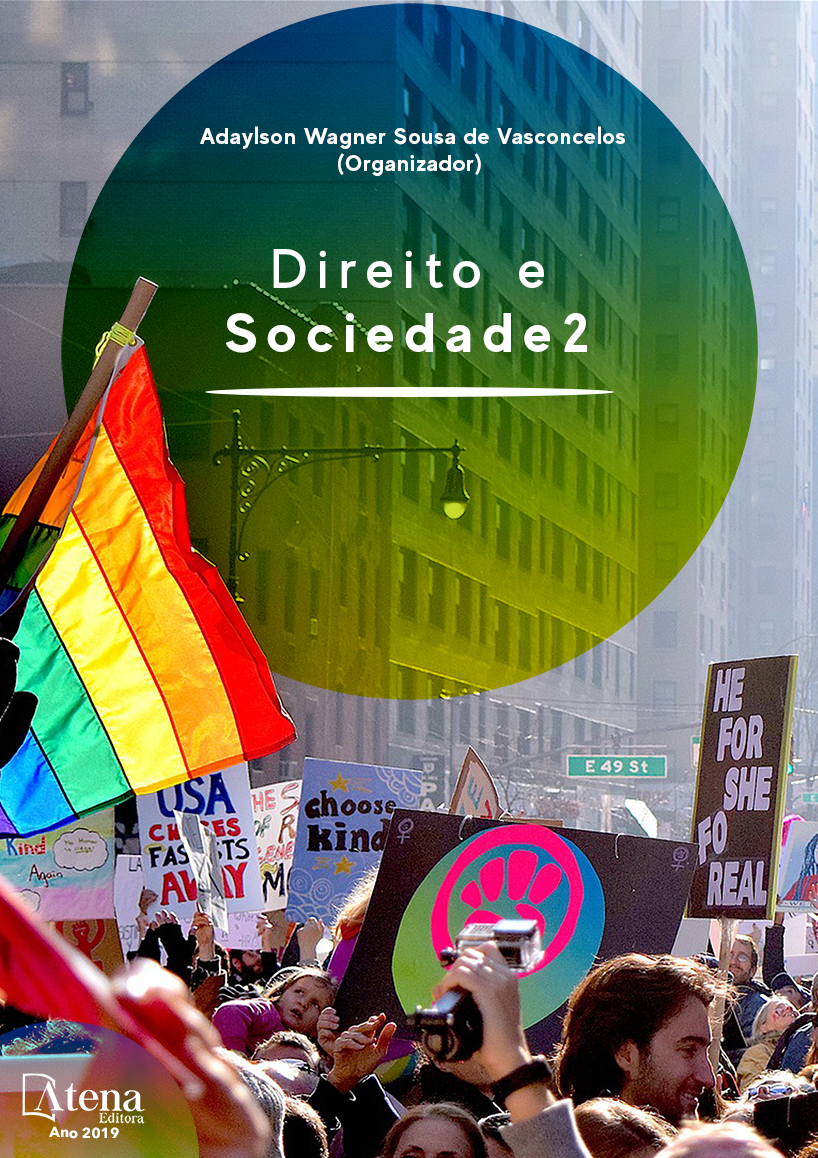
Sociedade, direitos humanos, infância e formação
O presente trabalho investiga e
discute, a partir da pesquisa bibliográfica,
as contribuições da formação interdisciplinar
do pedagogo com enfoque na temática
Direitos Humanos na infância, o que implica
proporcionar ao professor dessa faixa etária o
conhecimento e a consciência de seus direitos
como cidadão e profissional, bem como de
seus alunos, os quais são estabelecidos pela
legislação vigente: (Constituição Federal/
CF/1988, Lei de Diretrizes e Bases da Educação
Nacional/LDBN nº 9.394/96, Plano Nacional
de Educação/PNE (2001-2010; 2011-2020;
2014-2024), pelo Estatuto da Criança e do
Adolescente/ECA/1990, dentre outros). Diante
disso, questionamos: Como o pedagogo pode
contribuir com uma formação crítica de seus
alunos? Quais recursos didáticos pode utilizar
no trabalho escolar para ensinar às crianças
os seus direitos universais? Como está se
efetivando os direitos universais da criança na
sociedade, família e escola? Apresentamos
uma discussão sobre a trajetória histórica,
jurídica e educacional do atendimento à
infância brasileira, ressaltando as conquistas
adquiridas pelas Ongs e instituições sociais
ao longo do século XIX, XX e atualmente.
Para exemplificarmos o entendimento da
relação entre aquela legislação e a formação
interdisciplinar do pedagogo e da criança,
no tocante aos direitos de ambos, trazemos
algumas produções musicais e literárias que
expressam de forma mais significativa, poética
e lúdica a concepção de criança, assim como
de seus direitos e deveres.
Sociedade, direitos humanos, infância e formação
-
DOI: 10.22533/at.ed.4361905074
-
Palavras-chave: direitos humanos, formação, infância.
-
Keywords: human rights, education, childhood.
-
Abstract:
The present work investigates and
discusses, from the bibliographical research, the
contributions of the interdisciplinary formation of
the educator with focus on the Human Rights
theme in childhood, which implies to provide
to the teacher of this age group the knowledge
and the conscience of their rights as citizen
and professional , as well as their students,
which are established by the current legislation:
(Federal Constitution / CF / 1988, National
Education Guidelines and Bases Law / LDBN
nº 9.394 / 96, National Education Plan / PNE
(2001-2010; -2020, 2014-2024), by the Statute
of the Child and Adolescent / ECA / 1990, among
others). Faced with this, we asked: How can the pedagogue contribute to a critical
education of his students? Which teaching resources can you use in school work to
teach children their universal rights? How is universal child rights in society, family and
school effecting? We present a discussion about the historical, legal and educational
trajectory of Brazilian child care, highlighting the achievements of NGOs and social
institutions throughout the nineteenth, twentieth and present. In order to exemplify
the understanding of the relationship between that legislation and the interdisciplinary
formation of the pedagogue and the child, with regard to the rights of both, we bring
some musical and literary productions that express in a more significant, poetic and
playful way the conception of children, as well as their rights and duties.
-
Número de páginas: 15
- Lívia Costa Angrisani
- Simei Araujo Silva


